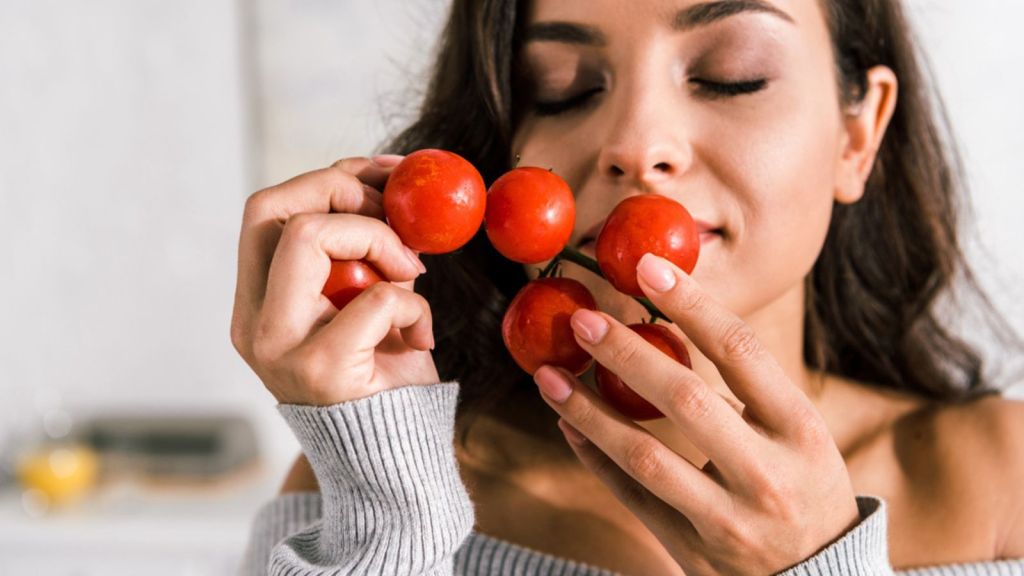“Unmasking the Hidden Dangers: 15 Common Foods You Should Never Cook in Aluminum Cookware!”
9. Plums

Plums, being stone fruits, also contain a concentration of acids. Cooking them in aluminum can lead to discoloration and an unpleasant metallic taste, which is the last thing you want in your plum jam or dessert.
To ensure your plums keep their natural sweetness and vibrant color, stick to stainless steel or enamel-coated cast iron cookware.
10. Cherries

Cherries, whether sweet or tart, can also react with aluminum. Discoloration and off-putting flavors can occur, essentially overriding the dish’s original appeal. The acidity in cherries can cause the aluminum to leach into your food, giving it a metallic flavor and turning the cherries into an unappetizing gray.
To preserve the beautiful red color and sweet taste of cherries, cook them in a non-reactive pot or pan. Stainless steel or enamel-coated cast iron are excellent choices.
11. Pickled Vegetables

Pickled vegetables are usually preserved in vinegar or brine, both of which are acidic. Cooking in aluminum can lead to a metallic flavorscape and a side of health concerns – not exactly the recipe you had in mind.
When you’re heating up pickled vegetables or using them in a recipe, it’s always best to transfer them to a non-reactive pot or pan.
12. Salty Foods

Salt can also react with aluminum, causing pitting and corrosion. While this might not directly affect the taste of your food, it can definitely shorten the lifespan of your cookware. What starts as tiny pits on the aluminum surface can quickly turn into deep-seated corrosion, allowing the metal to leak into your food.










